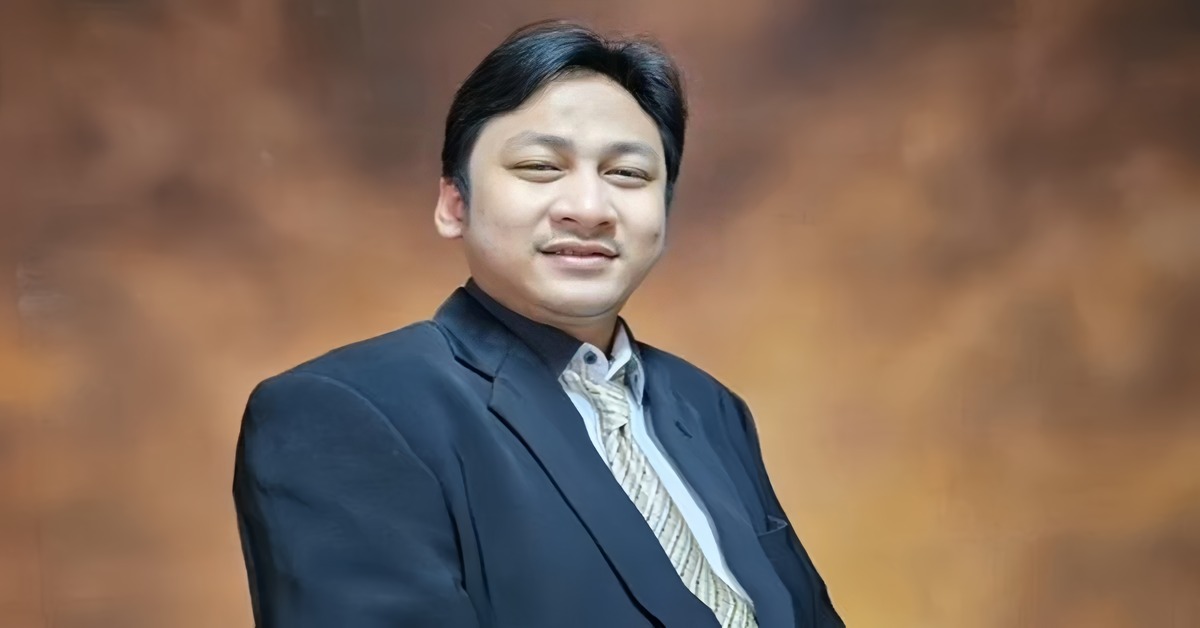Keys Required to Maintain Indonesia's Sovereignty
Mohammad Nur Rianto Al Arif
Professor at Syarif Hidayatullah State Islamic University Jakarta
Secretary General of the Indonesian Lecturers Association (DPP)
Assistant to the Presidential Special Envoy for Food Security
President Prabowo Subianto has called on Indonesia’s professors, academics, and scholars to harness their expertise in protecting and managing the nation’s wealth, a message that has resonated strongly across the country’s academic and policy circles.
The appeal, described by observers as both a warning and a roadmap, underscores the need to transform Indonesia’s abundant natural resources into lasting prosperity. Despite vast reserves of gold, nickel, coal, forests, and marine assets, he stressed that national wealth has too often slipped abroad or been diminished by short-term interests, leaving detrimental ecological effects on the site and its inhabitants.
Nationalism alone is not enough. Without mastery of knowledge, research, and technology, our wealth risks becoming a resource curse rather than a blessing.
The president’s speech carried several implicit messages. First, it serves as a critique of current governance in key sectors, particularly in extractive industries and food security, where reliance on imports remains high. Second, it urges greater independence in policy-making, reducing dependence on foreign consultants by fully engaging Indonesia’s vast academic community.
Prabowo also underscored the ethical and national responsibilities of academia. “Knowledge should not be reduced to a pursuit of degrees or publications. It must serve the people and the state,” he noted, pointing to the need for intellectual nationalism.
My analysts highlight several strategies to realize this vision:
-
Embedding Academics in Policy: Establishing cross-disciplinary councils of leading professors and researchers to ensure national decisions are grounded in rigorous scholarship.
-
Reforming Resource Governance: Advancing serious downstream industrialization and ensuring sustainable management of forests and fisheries while curbing revenue leakages.
-
Strengthening the Triple Helix: Deepening collaboration between universities, industries, and government to accelerate innovation and technology transfer.
-
Building Technological Sovereignty: Reducing dependence on imported technology by investing in renewable energy, critical mineral processing, artificial intelligence, and cybersecurity.
-
Fostering Intellectual Nationalism: Encouraging scholars to prioritize contributions to national progress over purely international recognition.
-
Enhancing Transparency: Introducing digital dashboards to track state revenues from natural resources and increasing public oversight.
-
Empowering Young Academics: Providing opportunities for early-career researchers and scholars to contribute to strategic national projects.
Despite the strong rhetoric, experts caution that implementation will be difficult. Persistent challenges include entrenched academic silos, heavy reliance on imported technologies, resistance from powerful economic oligarchs, limited research funding, unequal institutional capacity between major and regional universities, and lingering issues of integrity and corruption.
As a result, the President’s call must become a national movement, uniting universities, industries, government, and society to make knowledge the primary instrument of sovereignty.
Indonesia’s founding generation will demonstrate how intellectual leadership could drive national transformation. As of now, the current generation of scholars bears the responsibility of carrying that legacy forward.
Ultimately, the central question is how Indonesia safeguards and manages its wealth for the people. Prabowo’s call is an invitation to choose the path of sovereignty with knowledge as its foundation.
This article was originally published in Republika on Wednesday (1/10/2025)

